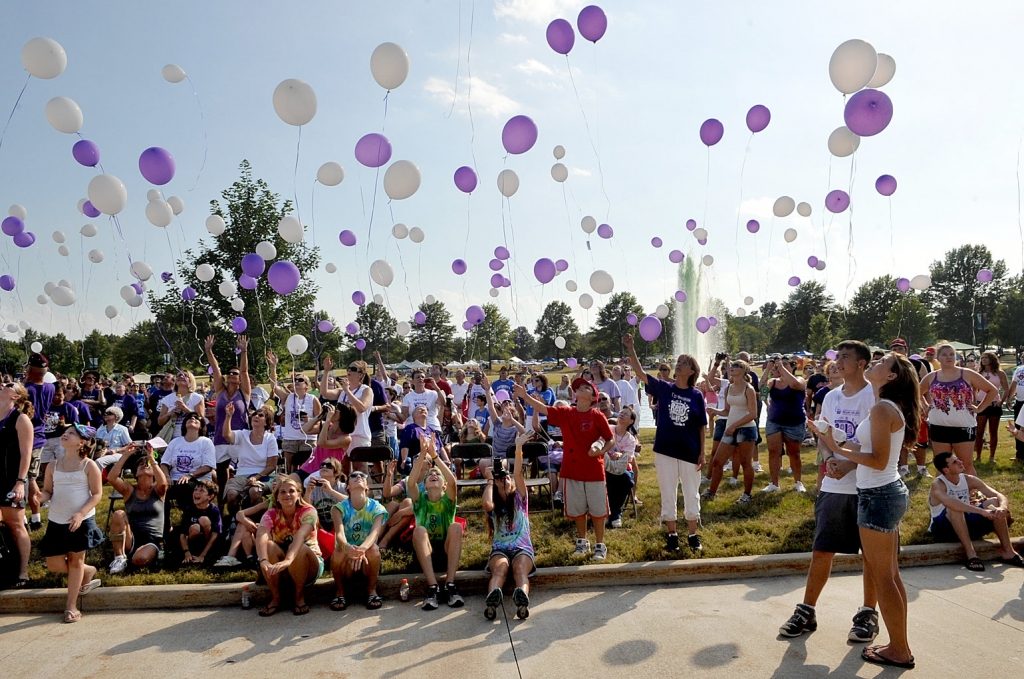Colorectal cancer incidence rising among younger generations
By Aphra Murray, Staff Writer
With the Relay for Life here on the Gettysburg College campus quickly approaching on March 24-25, there has been an increase in fundraising events for the most prominent forms of cancer: breast, testicular and lung cancer.
New research, however, suggests that younger generations should instead be more watchful for colon and rectal cancer, with studies showing an uptick in diagnoses increasing for every generation since 1950.
The stigma surrounding colorectal cancers has been documented through various interviews with survivors, stating that they face double the pressures of other cancer patients. Colonoscopies, a vital diagnostic tool, are often the punch line to a joke.
Furthermore, colon cancers are still viewed as an old man’s disease, meaning that unfortunately both patients and medical professionals catch the tumors too late.
Junior Marley Dizney Swanson, is an example of a student here on campus whose family has been directly affected by cancer.
When asked about the increase in colon cancer in people aged 20-30, Dizney Swanson replied that she had read a recent article in the New York Times, but wondered “has there not been an uptick in related research?”
Dizney Swanson proposed that perhaps “visibility and education surrounding colorectal cancers needed to be improved.”
This means that research facilities may have to set aside both time and money in order to respond to this recent surge in cases.
While all forms of cancer are devastating, it appears that in the coming years, the community will have to come together to fight against colon cancer in younger generations.
This is most certainly an incentive, if you had not already made plans, to attend or donate to the Relay for Life at Gettysburg College.

